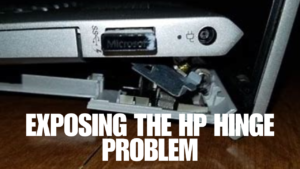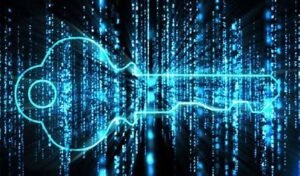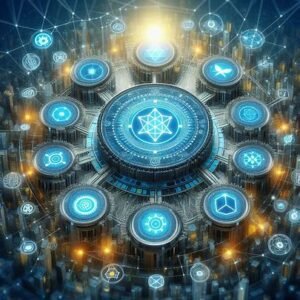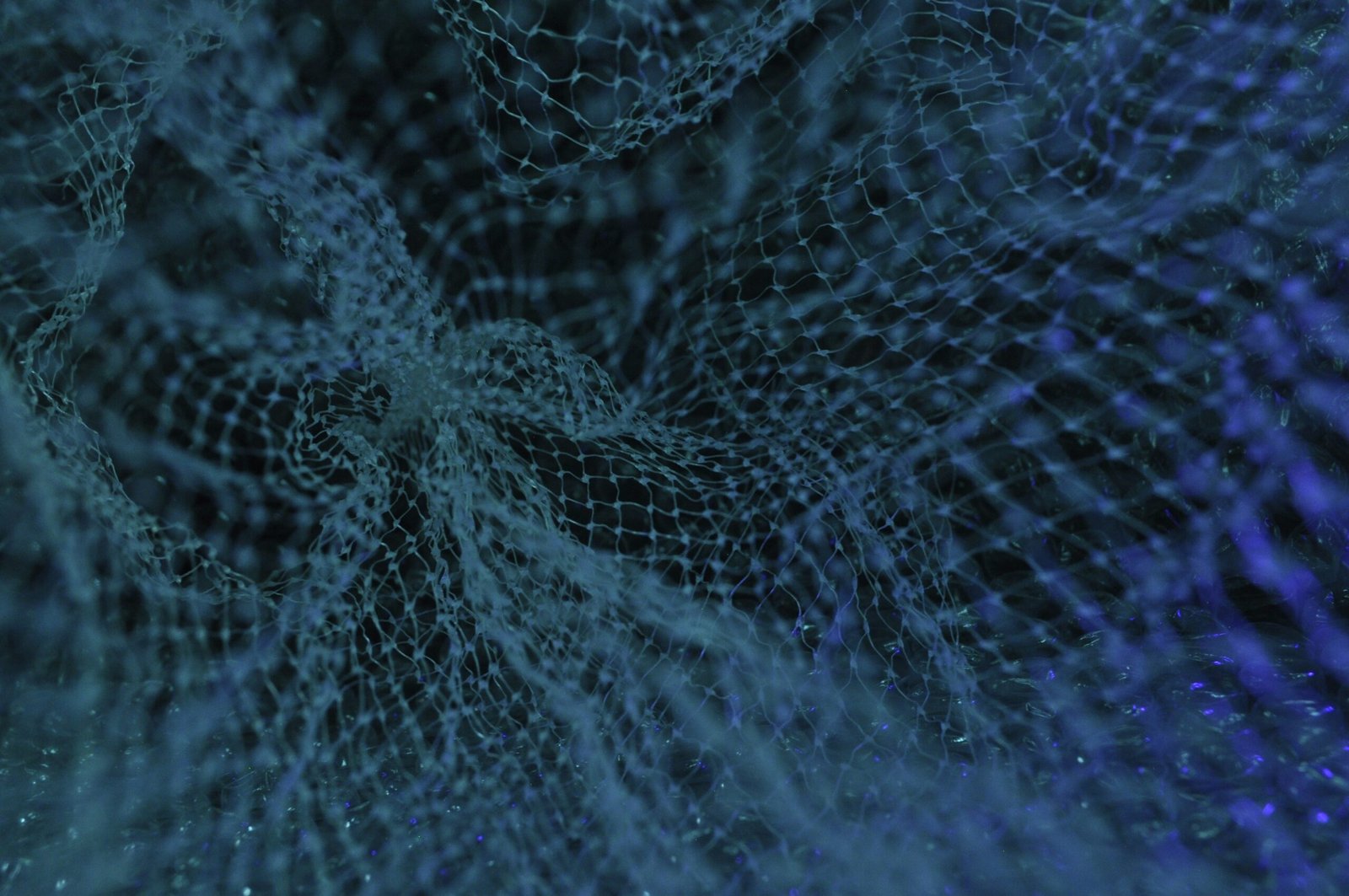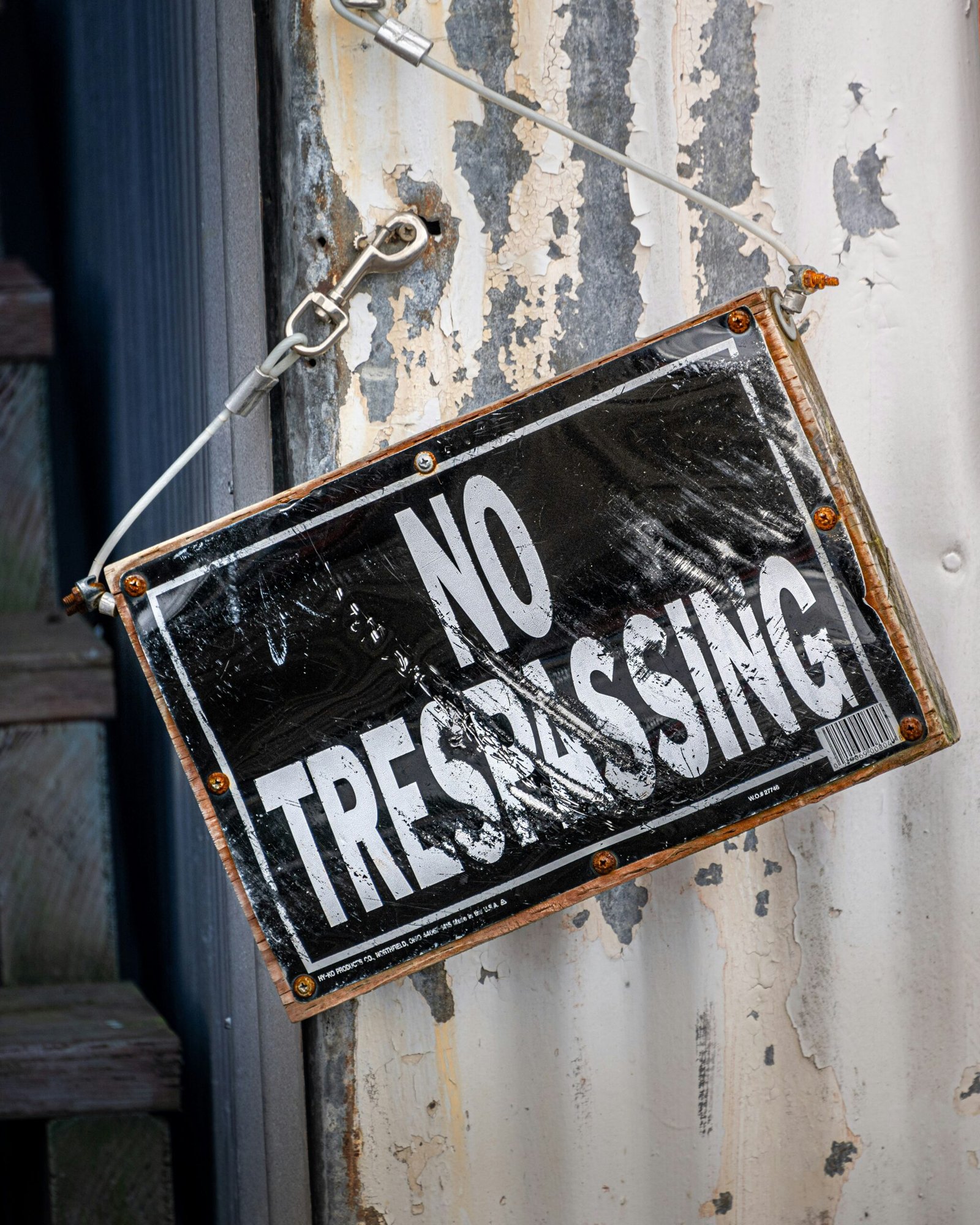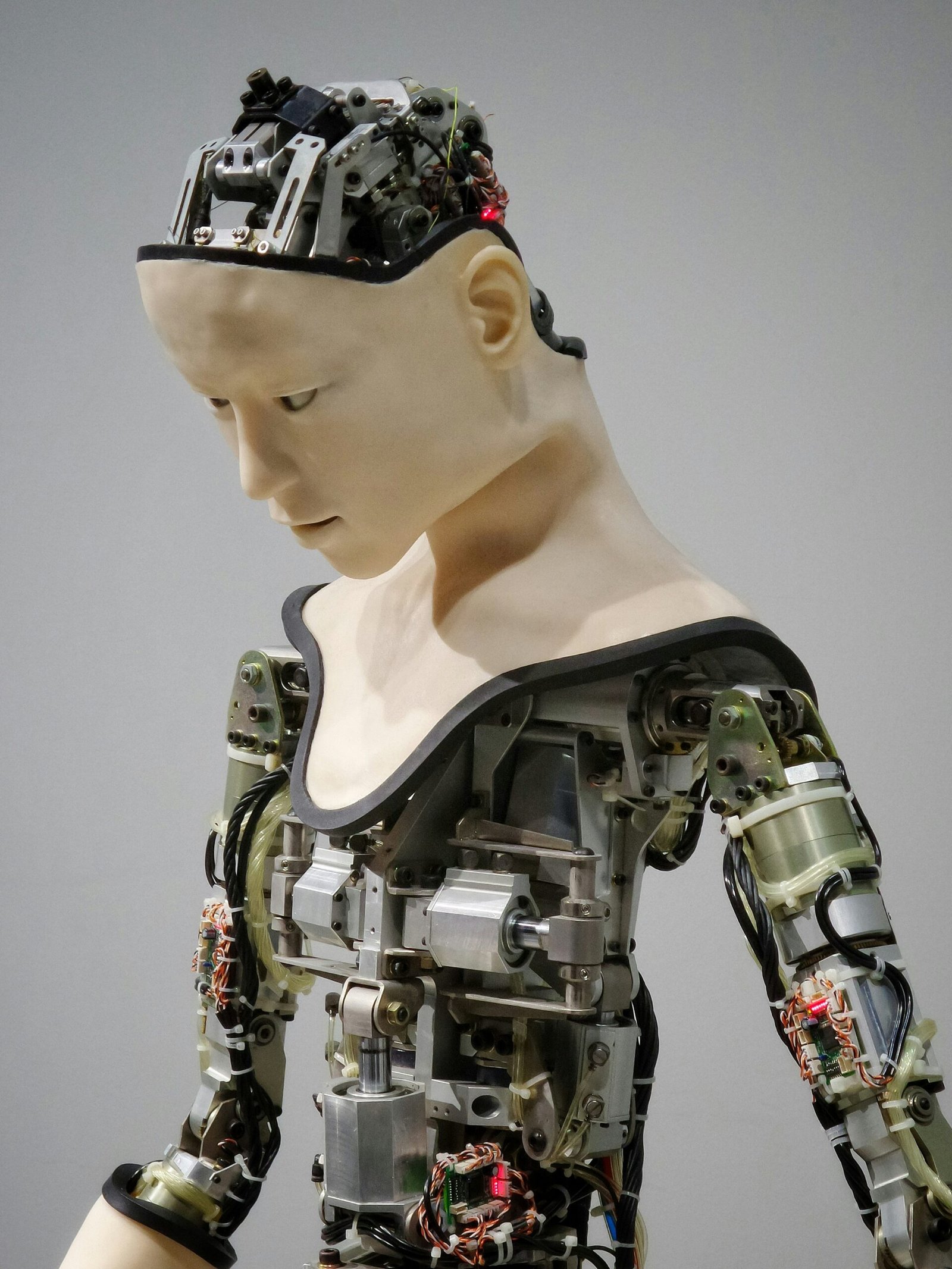AI and Creativity: A Complex Relationship

The advent of artificial intelligence has sparked a fervent debate about its impact on human creativity. Is AI a catalyst for innovation or a stifling force that threatens the uniqueness of human expression?
AI as a Creative Catalyst
Proponents of AI argue that it can be a powerful tool for enhancing human creativity. Here’s how:
- Augmented Imagination: AI can process vast amounts of data to identify patterns and trends that humans might overlook. This can spark new ideas and inspire innovative approaches.
- Overcoming Creative Blocks: AI can generate content, from music to poetry, which can serve as a starting point for human artists. It can help break creative barriers and stimulate new directions.
- Democratization of Creativity: AI-powered tools are making creative processes more accessible. Tools like AI-driven design software or music composition platforms can empower individuals without formal training.
AI as a Creativity Killer
On the other hand, critics argue that AI poses a threat to human creativity.
- Dependence on Algorithms: Overreliance on AI can lead to a homogenization of creative output as algorithms tend to favor popular trends.
- Reduced Human Touch: As AI becomes more sophisticated, there’s a risk of diminishing the value of human-generated content.
- Ethical Concerns: AI can perpetuate biases present in the data it’s trained on, leading to discriminatory or harmful outputs.
Finding the Balance
The truth likely lies somewhere between these two extremes. AI is a tool, and like any tool, its impact depends on how it’s used. To harness the benefits of AI while mitigating its risks, we need to:
- Foster Human-AI Collaboration: Encourage collaboration between humans and AI, where AI complements human strengths rather than replacing them.
- Promote Critical Thinking: Equip people with the skills to evaluate AI-generated content and use it as a starting point for original ideas.
- Develop Ethical Guidelines: Establish ethical frameworks for AI development and use to ensure it aligns with human values.
Ultimately, the relationship between AI and creativity is complex and evolving. By understanding both the potential benefits and risks, we can work towards a future where AI enhances human creativity without compromising our unique ability to imagine and innovate.

